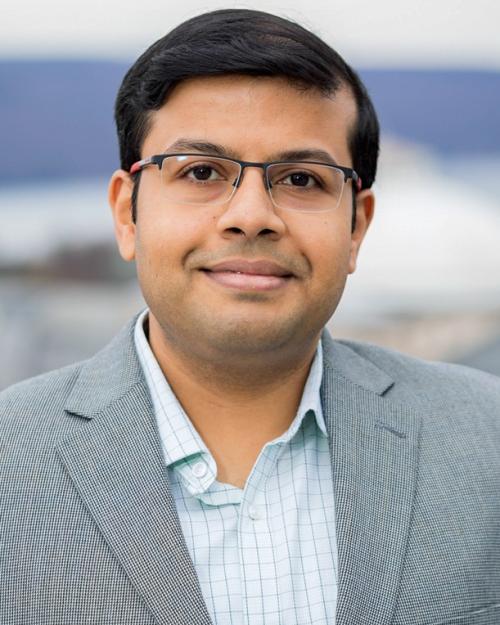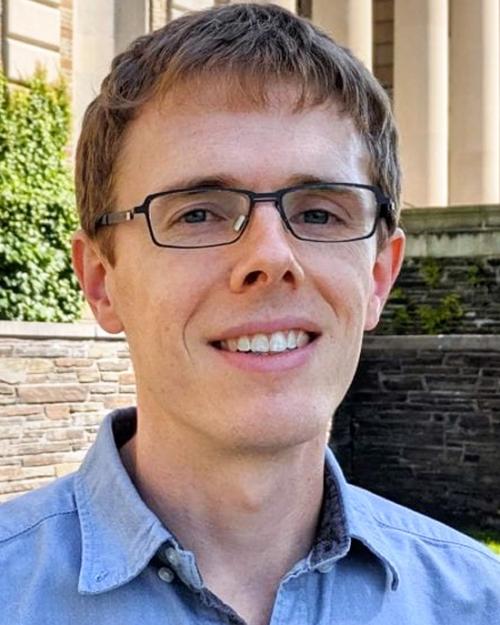Assistant professors Eshan Chattopadhyay, Debanjan Chowdhury, Andrew Musser, Angeline Pendergrass and Andrej Singer have won 2023 Sloan Research Fellowships from the Alfred P. Sloan Foundation.
The fellowships, established in 1955, support early-career faculty members’ original research and education related to science, technology, mathematics and economics.
Chowdhury is in the Department of Physics, in the College of Arts and Sciences (A&S); Musser is in the Department of Chemistry (A&S).
In addition, Chattopadhyay is in the Department of Computer Science, in the Cornell Ann S. Bowers College of Computing and Information Science; Pendergrass is in the College of Agriculture and Life Sciences, is in the Department of Earth and Atmospheric Sciences; and Singer is in the Department of Materials Science and Engineering in Cornell Engineering.
The five are among 126 researchers in the United States and Canada who this year have received two-year, $75,000 fellowships to advance their work.
“Sloan Research Fellows are shining examples of innovative and impactful research,” said Adam F. Falk, president of the Alfred P. Sloan Foundation. “We are thrilled to support their groundbreaking work and we look forward to following their continued success.”
Chowdhury is a theoretical physicist interested in addressing the fundamental principles that govern the emergence of new collective phenomena involving trillions of interacting electrons in solid-state materials. His main focus is developing theoretical methods that can describe and predict the quantum behavior of electrons leading to exotic forms of superconductivity and magnetism.
His work probes the relationship between the time scales that govern collisions among electrons in a class of highly unusual and “strange” metallic states and their ability to become dissipationless, high-temperature superconductors. The Sloan fellowship will help the group build on developments in seemingly unrelated areas of theoretical physics to address the origin of fundamental universal bounds on equilibration timescales in highly entangled electronic fluids.
Musser and his lab use ultrafast optical spectroscopy techniques to track, understand and manipulate the functional properties of complex organic materials.
Projects range from fundamental investigation of light-matter interactions to optimizing material processing for high-efficiency light-emitting devices. Using time-resolved spectroscopy, researchers can record real-time “movies” of energy-relaxation processes and changes in material properties, capturing events that take as little as 50 femtoseconds.
Another research area involves organic optoelectronic materials, most of which are concerned with “bright” singlet states, meaning they can absorb and emit light. However, in functional devices the majority species are “dark” triplet states. These can be a major loss pathway – especially in electrically driven devices, where triplets are formed in 3:1 ratio over the desirable singlets. The group aims to develop new methods to harness these states for more efficient light-emitting devices and solar cells.
Founded in 1934, the Alfred P. Sloan Foundation is a nonprofit institution dedicated to improving the welfare of all through the advancement of scientific knowledge.






